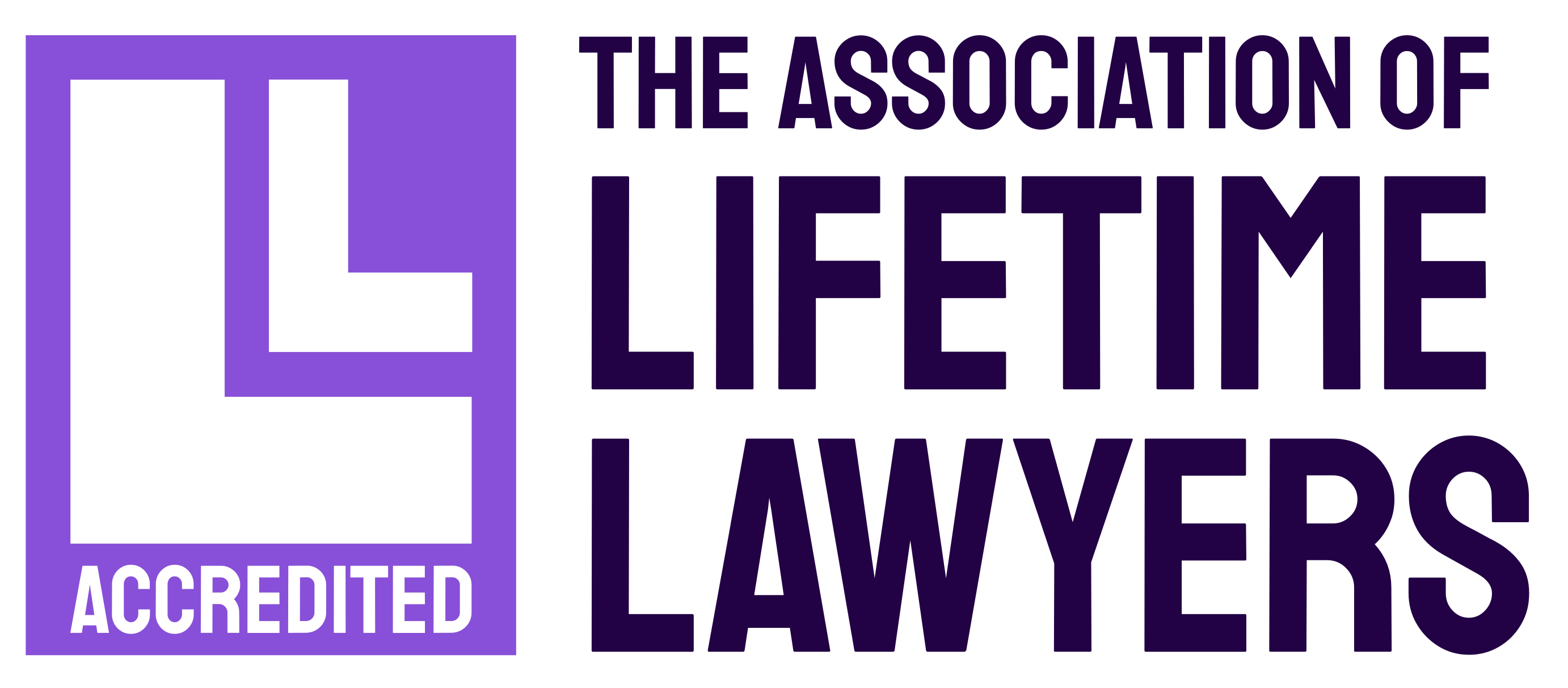News & insights
Would you want a mortgage until the age of 85?
14th May 2016

Lenders have long faced criticism for ageism in the mortgage market.
Earlier this year, a study of mortgage brokers found that more than a third faced problems securing deals for older customers, while a survey of customers themselves showed that almost a fifth had been turned down for a mortgage because of their age.
Even potential borrowers in their 40s and 50s have faced problems.
There are many reasons older people apply for a new, or an extension to, a mortgage. Some may not have cleared interest-only mortgages and wish to take on a new mortgage to repay the balance. Or so-called silver splitters who divorce later in life may need a home loan to buy a new place to live.
Pressure has been placed on lenders through a combination of factors, including rulings by the Financial Ombudsman.
The Co-operative Bank, for example, paid £2,000 in compensation and was forced to change its policy after the Financial Ombudsman Service ruled it had discriminated against a 69-year-old borrower who had applied to extend his mortgage by five years.
Meanwhile, pensions minister Ros Altmann has called for better protection for older borrowers. Lenders have also been forced to rethink their policies as a result of social trends. A lack of affordability means many people are stepping onto the housing ladder later in life, meaning they will still be paying off their mortgage into older age.
Lenders have naturally defended any caution in the wake of the credit crunch by claiming that they must make sure borrowers can afford repayments.
However, if recent cases are anything to go by, there were clearly times when potential borrowers were able to afford to pay well into pensionable age, but werent able to secure a mortgage.
Now, it seems the tide against older borrowers is finally turning.
Nationwide this week became the latest lender to raise its maximum age limit for mortgages, going from 75 to 85. Its a change of policy which it says reflects Britains ageing population.
That move leapfrogs Halifaxs earlier announcement, of raising its own limit to 80.
There are, understandably, limits on borrowing, including a maximum age that a mortgage can be granted, and high loan-to-value borrowing is out.
But longer age limits will help to improve the affordability of loans for older borrowers, who could now have the flexibility to pay over a longer time period.
This could be called a victory for common sense, with lenders increasingly prepared to take applications on a case by case basis, looking at affordability rather than age.
Most people will not want to have a mortgage well into their later years. But, sometimes, the options are much worse for pensioners who might otherwise have to spend their income or savings on rental property if they split from a partner, or who may be forced to downsize if they are unable to clear their mortgage balance.
Parents may also borrow solely on the security of their property to then lend on to their own children who may not be able to get a mortgage, cant borrow enough or because their parents would prefer that their childrens lending is in their hands as opposed to those of a bank or building society. Inter family lending, after all, offers better protection in keeping monies within the family, as well as in IHT planning terms.
Older borrowers may also want the flexibility that extra borrowing power could give them. While the Bank of Mum and Dad is now well established when it comes to helping first-time buyers onto the property market, the availability of mortgages for those of pensionable age may well give us the rise of the Bank of Granny and Grandad.
It certainly is welcome news that the older borrower, who often has much greater income security, is now being recognised as a sound investment by lenders.
Latimer Hinks solicitors, based in Darlington, has a team of around 40 people serving private and corporate clients. Their range of expertise and services covers legal issues surrounding commercial, residential and agricultural property, wills and lasting powers of attorney, trusts, probate, long-term care, tax planning, commercial law, alternative and renewable energy, employment, and land-owning.
Please note: This article is intended as guidance only and does not constitute advice, financial or otherwise. No responsibility for loss occasioned/costs arising as a result of any act/failure to act on the basis of this article can be accepted by Latimer Hinks.

Martin Williamson




